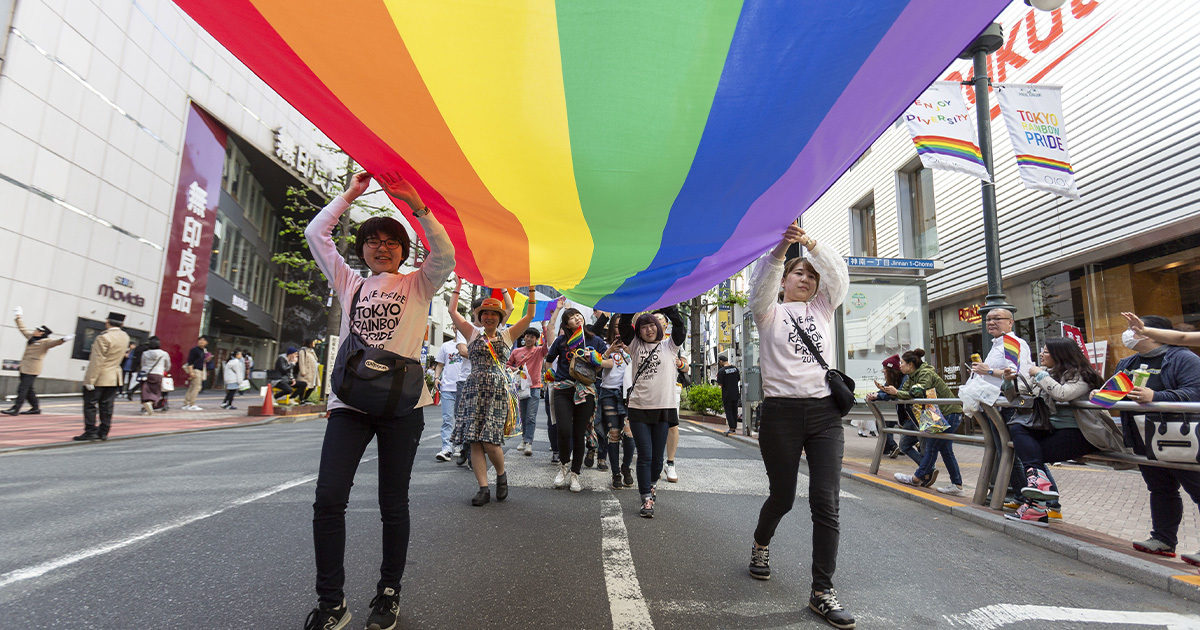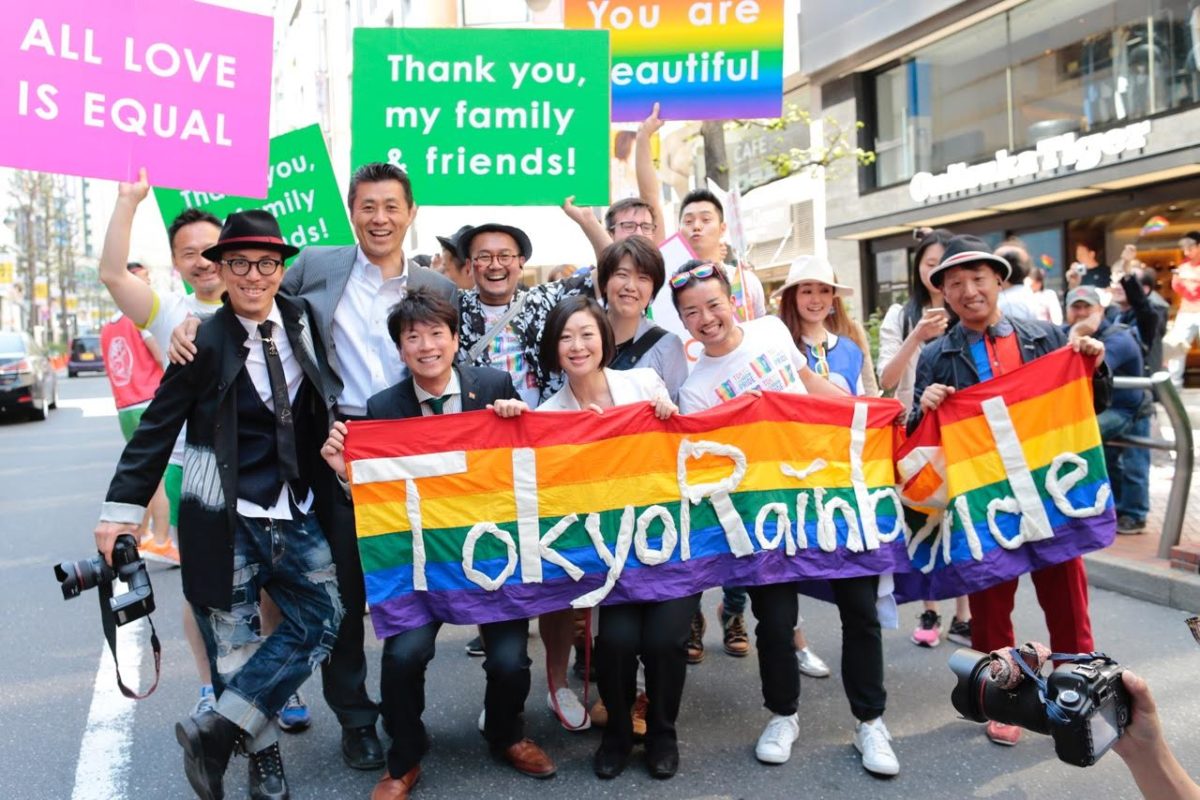While Japan has generally been criticised for lagging behind in their protection of LGBTQI+ people within its borders, they’ve recently taken a step in the right direction.

Earlier this week, on June 3rd 2020, Mie became the first prefecture in Japan to ban people from outing others after Governor Eikei Suzuki announced that it is now illegal to force someone to reveal their gender identity or sexual orientation under the new ordinance.
Suzuki also stated that the new ordinance was largely influenced by the second wave of Covid-19 cases in South Korea that were linked to the LGBTQI+ community when it was revealed a carrier of the virus had visited gay bars. The sensationalised reports published by the media about this was slammed by many.
The South Korean government has urged those who had visited the same bars to come forward in an effort to trace contact that the patient had with others, which evidently forced many to come out. While the penalties for those that come in violation of the ordinance have yet to be determined, it aims to eliminate discrimination against LGBTQI+ people in Mei, particularly if they should be affected by Covid-19.
Mie has now become the fourth prefecture to implement regulations that protect its LGBTQI+ population, following Tokyo, Osaka and Ibaraki.
県民の皆様に、性の多様性を一層ご理解いただき、LGBTの方々への差別や偏見をなくすため、独自条例制定を表明しました。都道府県初のカミングアウト強制やアウティング(本人の了解を得ず第三者に性的指向等を暴露)を禁止する規定も盛り込む予定です。下記リンクご覧下さい。https://t.co/F6M0o0QRfQ
— すずき英敬(えいけい) 三重県知事 (@eikeisuzuki) June 3, 2020
Translation:
“We have announced the establishment of our own ordinance in order for the citizens of the prefecture to better understand the diversity of sex and to eliminate discrimination and prejudice against LGBT people.
We are also planning to include regulations that prohibit the coming-out of prefectures for the first time in coming out and outing (exposing sexual orientation to a third party without the consent of the person).”

Despite this win, Japan is still fairly behind in legislation that protects LGBTI+ rights. Same-sex marriage is still illegal in Japan, and they have yet to implement any laws that protect against the discrimination in employment and housing based on sexual orientation or gender identity.
According to Vice, a survey conducted by Dentsu Diversity Lab in 2018, 54.5 percent of 60,000 individuals aged 20-59 said that there were no sexual diversity support systems in their workplace. Only 23.5 percent said that they understand LGBTQ issues.
In 2015, a 25-year-old male graduate student at Hitotsubashi University Law School was outed by a fellow student in a group chat after he had confessed his romantic feelings towards him. He later committed suicide while on campus.
While it’s socially and statistically known that Japan has a major problem with public outings, Human Rights Watch notes that the country is on track to making the appropriate changes to protect the queer community.
In 2016, the Minister of Education released a guidebook for teachers covering how to treat LGBTQI+ students, and also led an anti-LGBTQI+ bullying conference that same year. In 2017, Japan updated its National Bullying Prevention Policy to include the protection of students that are a part of sexual and gender minorities. And in 2018, Tokyo passed a law that banned LGBTQI+ discrimination, in preparation for the 2020 Tokyo Olympics (which have now been postponed).
While they still have a long way to go, we can only hope that Japan will continue to pass legislation to protect their queer community.
Subscribe to FIB’s Weekly Alchemy Report for your weekly dose of music, fashion and pop culture news!







